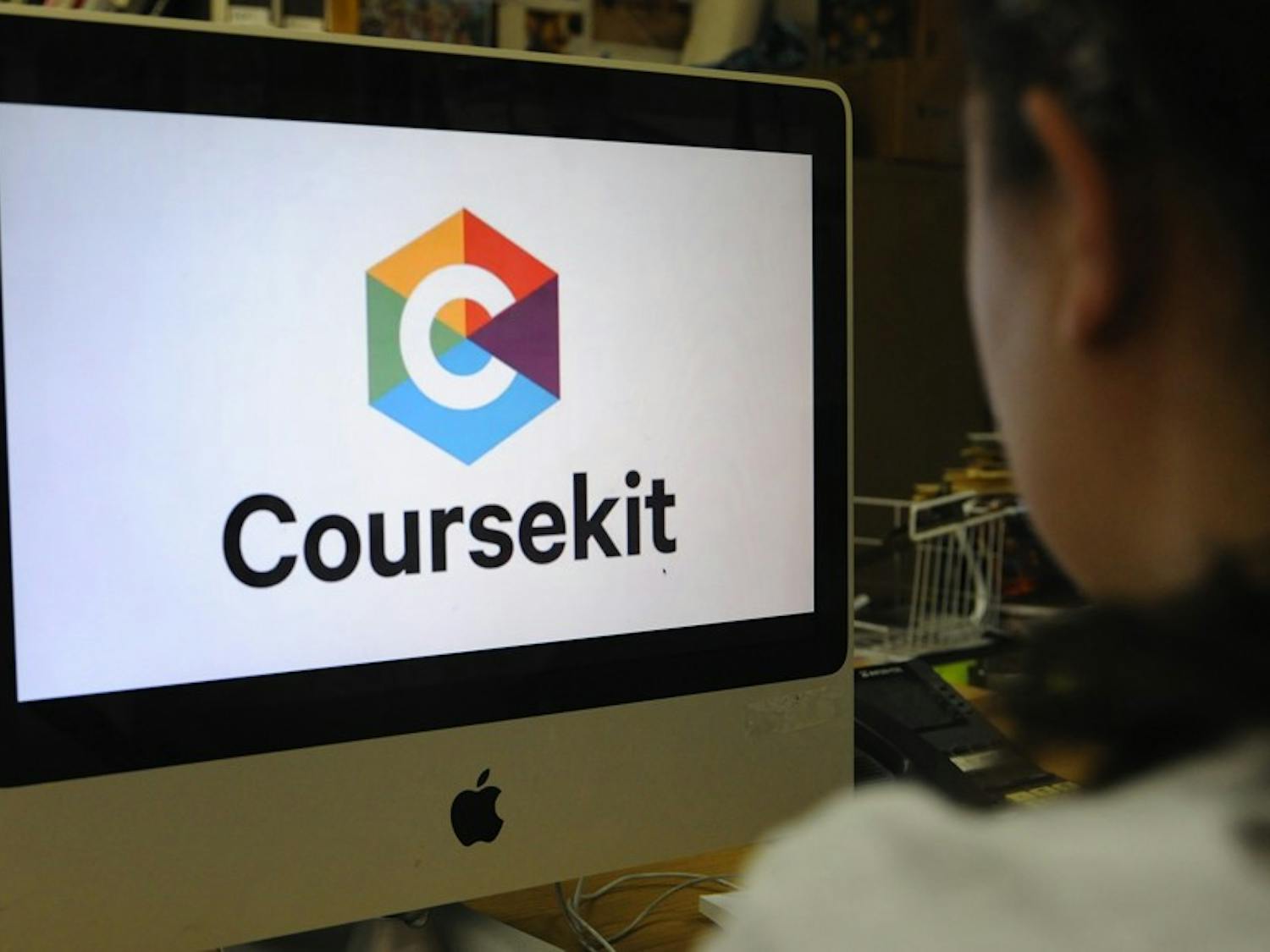Students may now have more reasons to log into Facebook instead of doing their homework.
Facebook users are more trusting, have more close relationships, get more social support and are much more politically engaged than others, according to a study released this month by the Pew Internet & American Life Project. The study, titled “Social Networking Sites (SNS) and Our Lives” was co-authored by two Penn professors.
“We did this study because there have been a lot of concerns expressed about the impact of people’s use of social networking sites,” Lee Rainie, director of the Pew Internet & American Life Project and a co-author of the study, wrote in an email. “Were they distracting people from ‘real’ life? Were they diminishing or devaluing friendships? … Were they allowing people to cocoon themselves with other like-minded people who only share similar information?”
The study also found that Facebook revives dormant relationships and that SNS in general are used to maintain close social ties.
“There has been a great deal of speculation about the impact of social networking site use on people’s social lives, and much of it has centered on the possibility that these sites are hurting users’ relationships and pushing them away from participating in the world,” said Penn’s Annenberg School for Communication Keith Hampton, another co-author of the study, in a statement. “We found the exact opposite — that people who use sites like Facebook actually have more close relationships and are more likely to be involved in civic and political activities.”
Women and younger users are the most prominent demographic of SNS users, according to the study. Facebook dominates the SNS space—92 percent of SNS users are on Facebook, 29 percent are on MySpace, 18 percent are on LinkedIn and 13 percent are on Twitter.
The study was done as a follow-up to a survey published in 2008 that focused on whether SNS users were more socially isolated than non-users.
In that original study, “we found that they were not [more socially isolated],” said Lauren Sessions Goulet, a doctoral candidate at the Annenberg School and co-author of the study. Similarly, in this study, “we expected there to be positive outcomes, but we were blown away by exactly how positive the results really were.”
There is a follow-up study in the works that will use data from Facebook directly instead of surveys.
“This agreement with Facebook is huge and a good methodological step forward,” Goulet said. “Facebook is very careful with privacy. This information is so well protected and we are going through crazy lengths to protect that data.”






